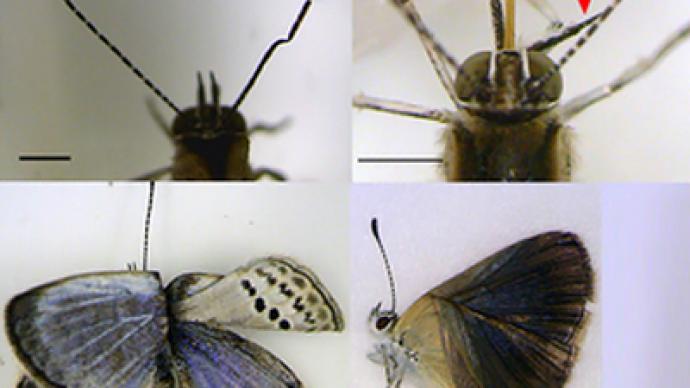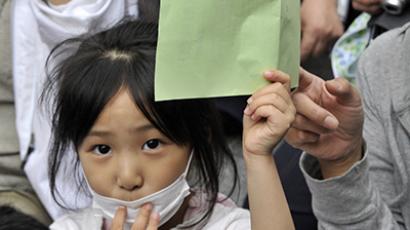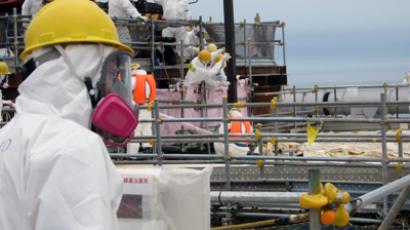Fukushima mutant butterflies spark fear of effect on humans

Genetic mutations have been found in three generations of butterflies living near Japan's crippled Fukushima nuclear plant. The gruesome discovery has led scientists to fear that the leaking radiation could affect other species.
The study was published by Scientific Reports. Researches said that around 12 per cent of pale grass blue butterflies that had been exposed as larvae to nuclear fallout developed abnormalities, including broken or wrinkled wings, changes in wing size, color pattern changes, and wider-than-normal variations in numbers of spots on the butterflies.Though the insects were mated in a lab well outside the fallout zone, about 18 per cent of their offspring displayed similar problems, said Joji Otaki, an associate professor at Ryukyu University in Okinawa, in southwestern Japan.That figure rose to 34 per cent in the third generation of butterflies – even though one parent from each coupling was from a group unaffected by radiation.Researchers also collected another 240 butterflies in Fukushima last September, six months after the disaster. Abnormalities were recorded in 52 per cent of that group's offspring – "a dominantly high ratio," Otaki told AFP.The study began two months after a tsunami devastated parts of northeastern Japan in March 2011, triggering a nuclear disaster at the Fukushima facility. The Fukushima Daiichi plant leaked radiation, causing the evacuation of tens of thousands of residents from the surrounding area. It was the worst nuclear accident since the 1986 Chernobyl disaster in Soviet Ukraine.To make sure the mutations were caused by radiation and not some other factor, researchers collected butterflies from unaffected regions of the country, and observed similar results after giving them low-dose exposures of radiation. "We conclude that artificial radionuclides from the Fukushima Nuclear Power Plant caused physiological and genetic damage to this species," said the study, published in Scientific Reports.The findings raise fears over the long-term effects of radiation on people who faced exposure in the days and weeks following the accident.There are claims that the effects of nuclear exposure have been observed on successive generations of descendants of people living in Hiroshima and Nagasaki, where the US dropped atomic bombs in the final days of World War II.However, researchers and doctors deny claims that the Fukushima accident would lead to a rise in cancer or leukemia, diseases often associated with radiation exposure.So far, no one is officially recorded as having died as a direct result of the Fukushima disaster. But many in the area, including workers decommissioning the crippled plant, worry about the long-term effects."Even if there is no impact now, we have to live with fear," said Sachiko Sato, a mother of two, who temporarily fled from Fukushima. "And concerns will be handed down to my children and grandchildren."














